HONG KONG—On New Year’s Eve, the Chinese-language Epoch Times published greetings to readers from a number of Hong Kong celebrities, as well as celebrities from other places.
In response, two Hong Kong-based newspapers published articles that appeared to threaten the Hong Kong stars who had supported Epoch Times, a newspaper one Hong Kong media pro has described as more “daring and objective” than the competition.
The Hong Kong celebrities sending greetings in editions published on Dec. 20 and Dec. 31, included Andy Lau, Janet Ma, Eric Tsang, Tony Leung and some artists from Television Broadcasts Limited (TVB).
On Jan 2, Ming Pao published an article on its website titled “Artists like Tsang in support of Epoch Times” that appeared to have the stars’s best interests at heart. It quoted individuals identified as netizens asking whether the artists were clear about the “Falun Gong” background of Epoch Times.
On Jan. 3, an article in the free daily am730 titled “Hong Kong artists stand by Epoch Times” also claimed to show concern for the celebrities who had sent greetings, with individuals identified as netizens asking whether the celebrities could still go to the mainland, given that their greetings were published in Epoch Times.
Epoch Times discusses its background in the “About Us” section of its website. The company says it was founded in the United States by Chinese immigrants who wanted to bring honest reporting to the coverage of news in China.
The founders had lived through events like the Tiananmen Square massacre and the persecution of the spiritual practice of Falun Gong. They could see how important objective news coverage is to any society, but particularly to a Chinese people misled by the regime’s propaganda.
Known as the “Hong Kong genius”, renowned media pro Chip Tsao criticized the Ming Pao and AM730 reports. Tsao saw the reports as not so subtle threats against the celebrities, and pointed out the underlying issue was Epoch Times’ criticism of the Chinese Communist Party (CCP).
“These media in Hong Kong that threaten (others), this is pitiful,” Tsao said. “Those artists like Andy Lau of course know about the background. Through whatever media, artists are sending greetings to the audience, in the market.
“Does it mean that from now on Hong Kong artists cannot be at CNN, or AP? Is the USA not the biggest antagonizing force in the eyes of the Chinese Communist Party?”
Tsao praised Epoch Times for its accurate reporting on China.
“Like the problems of Bo Xilai, and Zhou Yongkang, they were first reported by overseas media including Epoch Times, not by Hong Kong Chinese media”, Tsao said. “These media are more daring and objective than Hong Kong newspapers in reporting the facts. Therefore I think Hong Kong media should learn more from these foreign media.”
Greetings
Known as the “people’s Chief Executive”, the famous Hong Kong actor Andy Lau always plays righteous characters. In real life, he also seems to be a stand up guy. He was the only one of the four top pop stars who encouraged the staff of HKTV with a video after the Hong Kong government denied the station a broadcast license.
When a reporter from Epoch Times asked for Lau’s signature on the New Year greetings, the PR company representative refused. But Andy Lau responded at once, saying, “I’ll sign”, silencing the PR officer.
In a subsequent interview, Andy Lau even took the initiative to hold the microphone for the reporter, to demonstrate his positive attitude towards Epoch Times.
Super model Janet Ma sent greetings through Epoch Times, stressing that it was out of a simple wish to say Happy New Year to the audience, without touching on any political topics. She said she would continue to send greetings to the audience through Epoch Times when given the chance.
Besides Hong Kong artists, famous artists from nearby Taiwan such as Lin Chi-ling, Lu Kung-wei, Stefanie Sun, Genie Chuo, and others also sent New Year greetings through Epoch Times.
Credibility
After the New Year Chinese University published “Survey on Hong Kong News Media Credibility” showing that the credibility of the overall Hong Kong media has dropped to a new low since 1997, the year of Hong Kong’s handover to the People’s Republic of China.
Epoch Times columnist Stanley Ng, a former Hang Seng Bank Economist and Senior Manager of the Hong Kong Exchange, thinks that the reporting from Ming Pao and am730 on the New Year’s greetings has “no news value”.
Ng sees the hand of the Chinese regime behind the quotes these reports took from the Internet.
“This is probably the 50-cent party that was manipulated to write such a thing on the Internet, aiming to attack Epoch Times”, Ng said. “This is a biased, irresponsible way of reporting”.
The 50-cent party derives its name from the amount supposedly paid to a member for an Internet post. The Chinese regime uses the 50-cent party to control discussion on the Internet in ways favorable to it.
Tsao described the Ming Pao and AM 730’s reports as acting like slaves for the Chinese Communist Party (CCP), using the phrase, “the eunuch is more anxious than the Emperor”.
He said Hong Kong artists are able to send New Year greetings to any lawfully registered media, and artists doing so is part of the press freedom protected in Hong Kong under the principle of one-country-two-systems.
Ng pointed out that after 1997 the Hong Kong media applied self-censorship, such as censoring news about the Falun Gong. This was to please the CCP and for their own self-interest, Ng said.
“Falun Gong activities in Hong Kong , including the large scale parades and protests, are generally not reported by the Hong Kong media”, Ng said. “They have not carried out the basic duties of the media. Such large scale parades… If you do not report them, you are depriving citizens’ of their right to be informed”.
As on whether the environment in the Hong Kong media is deteriorating, Chip Tsao thinks that it depends on the inner spirit of these media, “(if) they have inner fear, things will only deteriorate more.”
On the mainland, where there is no press freedom, a popular saying that has been circulating on the Internet says, “It is a shame for one who dares not say the truth. It is the shame of the era when one cannot say the truth”.
Translated by Y.K. Lu. Written in English by Stephen Gregory.
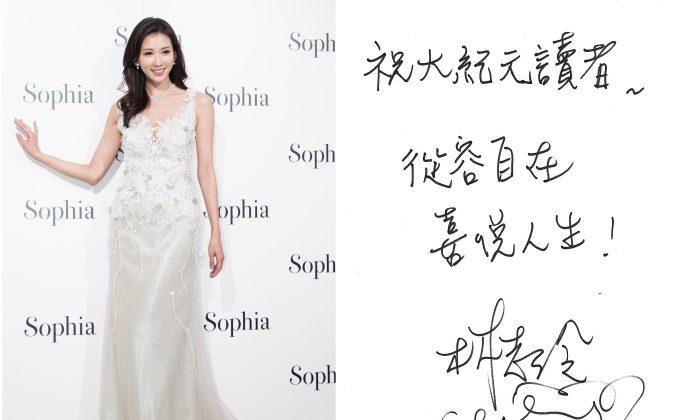
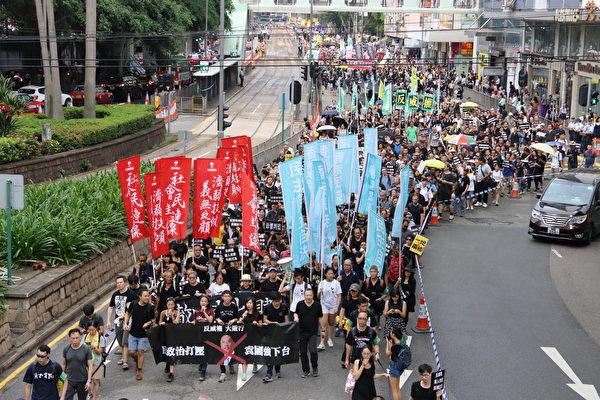
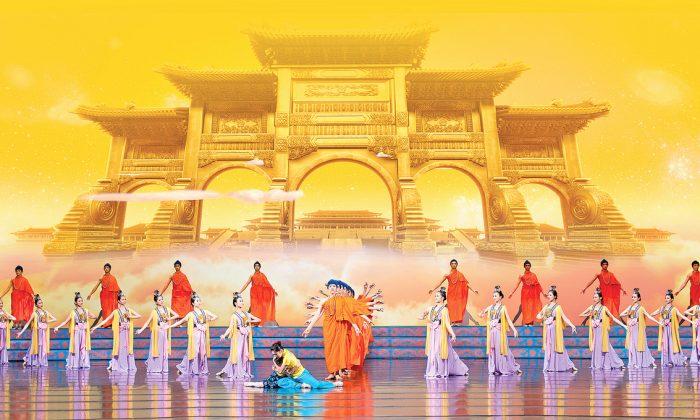
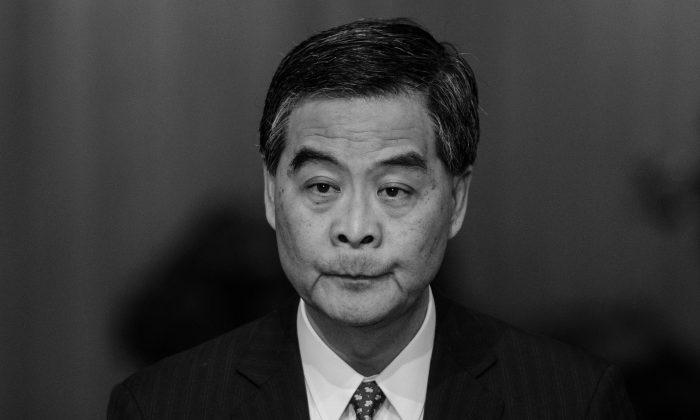
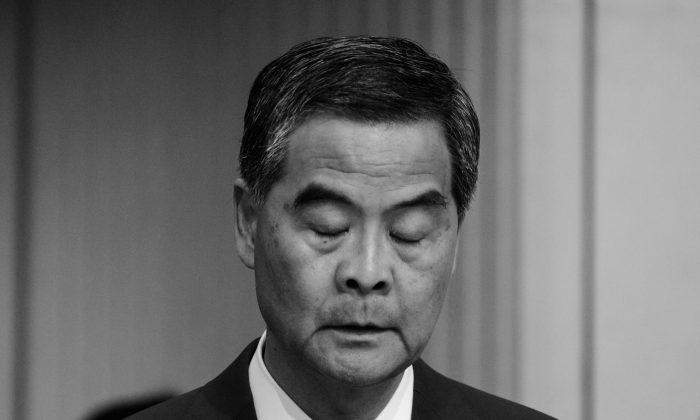
Friends Read Free